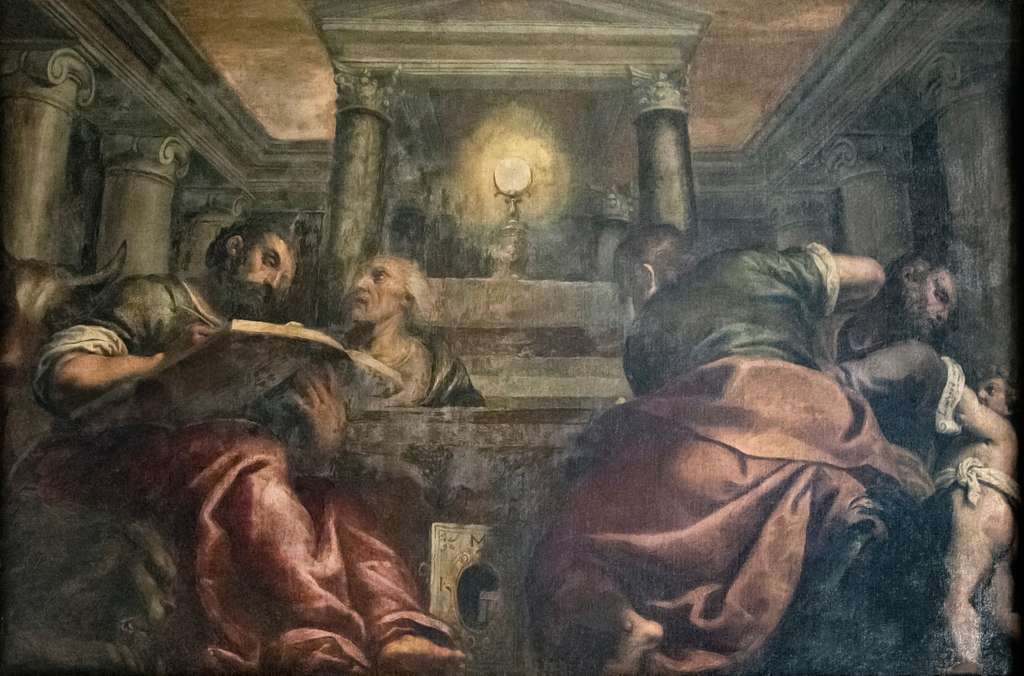
Adoration of the Blessed Sacrament is a cherished Catholic practice of worshiping Jesus present in the Eucharist. Below are some questions we've received in the past and our answers.
It’s the act of worshiping Jesus Christ, truly present in the consecrated host, displayed in a monstrance or reserved in a tabernacle (CCC 1378).
Catholics believe the Eucharist is Christ’s Body, Blood, Soul, and Divinity, making it worthy of adoration as God Himself (CCC 1374).
The consecrated host is placed in a monstrance for public adoration, often in a church or chapel, where people pray silently or with hymns. It can also occur before the tabernacle (CCC 1379).
A monstrance is a sacred vessel, often gold and ornate, designed to display the Blessed Sacrament for adoration. Its name comes from the Latin “monstrare,” meaning “to show.”
Adoration grew in the Middle Ages, tied to belief in the Real Presence, with formal practices like Corpus Christi emerging in the 13th century. It’s rooted in early Christian reverence for the Eucharist (CCC 1378).
No, Mass is the Eucharistic sacrifice and meal, while Adoration is a devotional act of worshiping Christ already present in the host. Adoration often follows Mass or occurs separately (CCC 1378-1379).
Perpetual Adoration is when the Blessed Sacrament is exposed 24/7 in a chapel, with volunteers taking shifts to pray. It’s a powerful way parishes honor Christ’s presence continuously.
It’s a time for quiet prayer, reflection, and intimacy with Jesus, offering peace and spiritual strength. Many bring petitions, seek guidance, or simply rest in His presence (CCC 2715).
Adoration deepens belief in the Real Presence, fostering a personal relationship with Christ that transforms hearts and lives. It’s a source of grace, helping Catholics grow in love, humility, and trust in God’s nearness. Saints like St. John Paul II called it a “school of holiness,” drawing us closer to the mystery of the Eucharist in a busy world (CCC 1380).
The Catechism (CCC 1374-1381) explains the Eucharist and adoration, while Scripture like John 6:51-58 lays the foundation. Books like The Blessed Sacrament by Fr. Frederick Faber or your parish’s adoration schedule offer practical and spiritual insights.
Learn More about the Sacred Heart of Jesus on our Youtube Channel